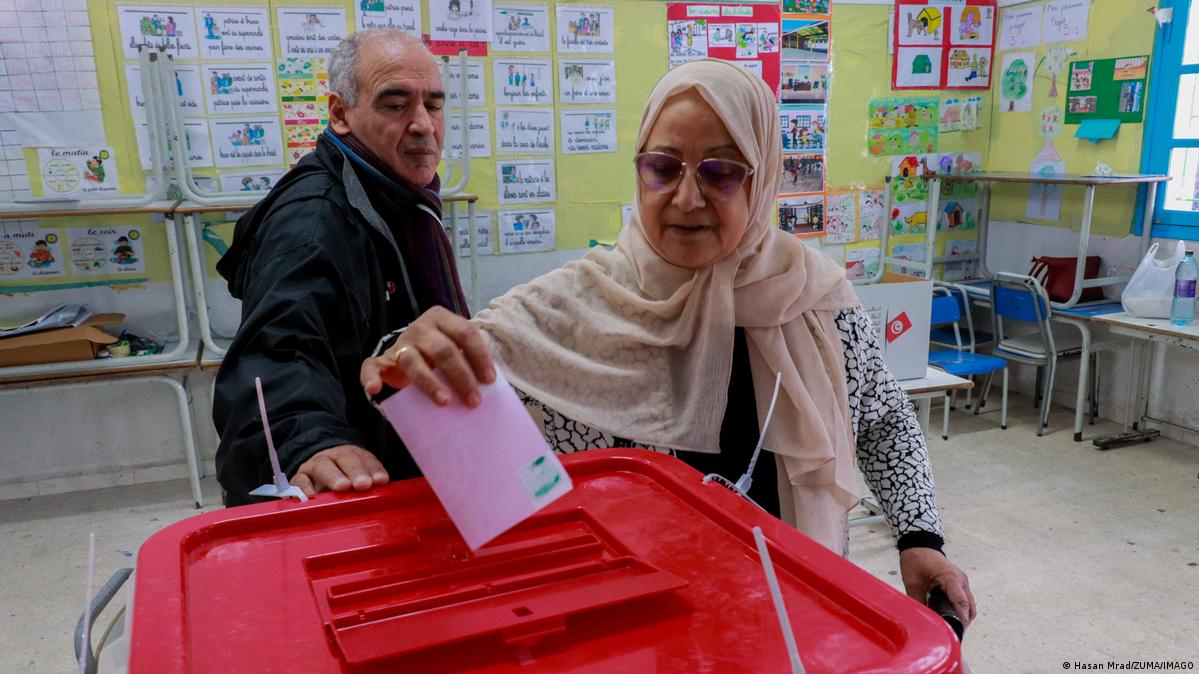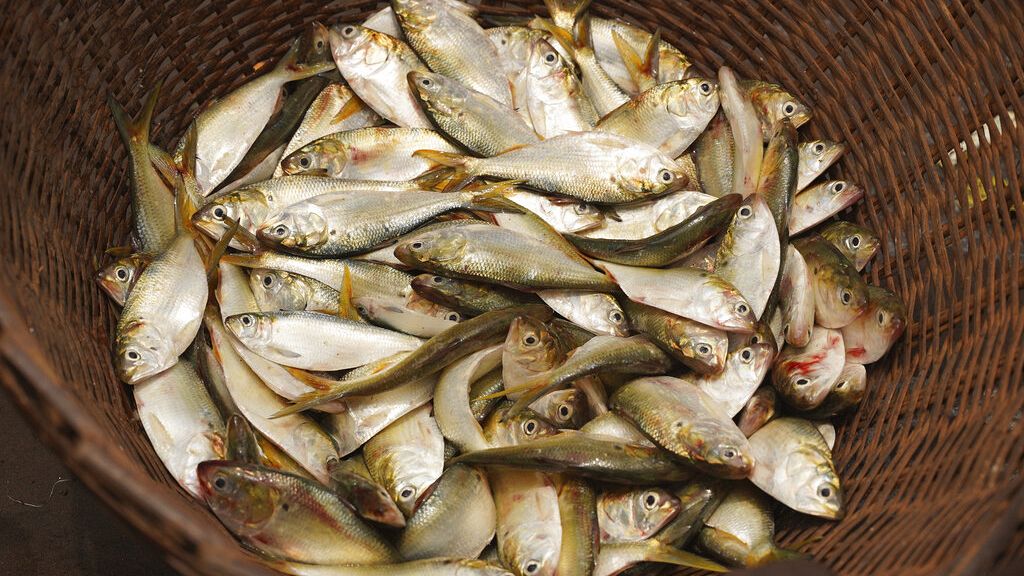Sunday’s voting in the second round of parliamentary elections will be a crucial test for Tunisia’s president and its shaky, ten-year democratic experiment.
In the first round of voting last month, only 11% of eligible voters showed up, as many disgruntled Tunisians chose to abstain and the significant opposition Islamist party chose to boycott.
The Arab world is closely monitoring the Sunday runoff elections. They are viewed as the culmination of President Kais Saied’s efforts to consolidate his hold on power, subdue his Islamist adversaries, and win back the lenders and investors the faltering economy needs.
Voters are choosing representatives to take the place of the outgoing legislature, which was led by the Islamist Ennahdha party before being dissolved by Saied in 2021.
Then he changed the constitution so that the president was given more power and the legislature was given less.
Analysts have noted a growing crisis of confidence between the populace and the political class since Tunisia’s 2011 revolution sparked Arab Spring uprisings throughout the region and motivated Tunisians to establish a new democratic political system that was once regarded as a model.
Polls opened at 8am (0700 GMT) on Sunday, with the exception of tense areas close to the borders with Algeria and Libya, where authorities are limiting voting hours for security reasons.
The turnout percentage, a crucial indicator of the legitimacy of the elections, is anticipated to be released Sunday night, and the election results in the days that follow.
In the first round of voting, 23 candidates were elected to the 161-seat parliament, either because they faced no opposition or because they received more than 50% of the vote.
In the runoff election on Sunday, 131 seats are up for grabs, with 262 candidates running.
In seven additional constituencies, no candidates bothered to run; according to election officials, those seats will be filled in special elections at a later time.
Saied and his supporters argued that Tunisia’s political system needed to be completely overhauled to end the impasse that was causing escalating economic and social crises.
The budget deficit is out of control, over 18% of the workforce is unemployed, and the IMF has suspended talks on a much-needed new loan for the Tunisian government.
Video of Saied’s impromptu visit to a Tunisian cafe during campaigning earlier this month was shared online, demonstrating the decline in Saied’s popularity since his election in 2019.









